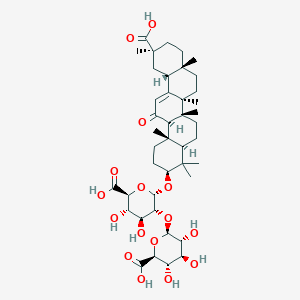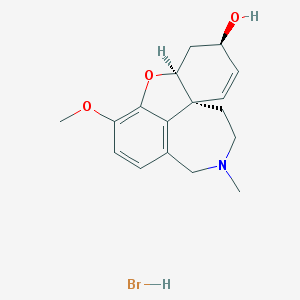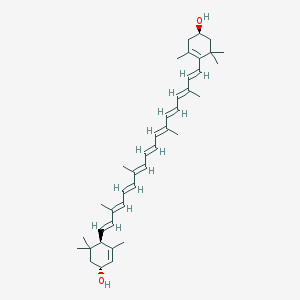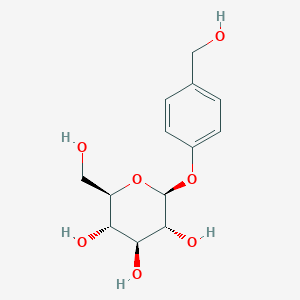Description
Glycyrrhizic acid (or glycyrrhizin) is a sweet-tasting compound derived from the root of the licorice plant (Glycyrrhiza glabra). It is a triterpenoid saponin and is responsible for the sweetness of licorice, being up to 50 times sweeter than sucrose (table sugar). Glycyrrhizic acid has been used for centuries in traditional medicine and is also utilized in modern applications for its various properties.
Functions and Properties:
- Anti-inflammatory: Glycyrrhizic acid has been shown to exert anti-inflammatory effects, which are thought to be mediated through inhibition of enzymes involved in the inflammatory process and suppression of the immune response.
- Antiviral: It has demonstrated activity against viruses such as hepatitis and HIV in some studies. Glycyrrhizic acid appears to interfere with viral replication.
- Antioxidant: It exhibits antioxidant properties, helping to neutralize free radicals and may reduce oxidative stress.
- Antimicrobial: There is evidence that glycyrrhizic acid can act against bacteria and fungi, contributing to its use in treating certain infections.
- Adrenal Support: It is thought to prolong the half-life of cortisol, the body’s primary stress-fighting adrenal hormone, which can help to maintain proper adrenal function.
- Gastroprotective: Glycyrrhizic acid may also protect the lining of the stomach and intestines by increasing the production of mucus, which acts as a protective barrier against stomach acids.
Applications:
- Food Industry: It is used as a natural sweetener and a flavoring agent in food products, especially in candy and chewing gum. It’s also used to mask bitter tastes in pharmaceuticals.
- Medicinal: In traditional medicine, licorice extracts containing glycyrrhizic acid have been used to treat a variety of ailments including stomach ulcers, sore throat, bronchitis, and coughs.
- Pharmaceuticals: Glycyrrhizic acid is an ingredient in some herbal medicines and supplements. It’s been used in formulations designed to support adrenal function, digestion, and immune health.
- Cosmetics: Due to its anti-inflammatory and antimicrobial effects, it can be found in skin care products to treat eczema, acne, and other skin conditions.
Benefits:
- Digestive Health: It can soothe gastrointestinal problems due to its spasmolytic and anti-inflammatory effects.
- Respiratory Health: Traditional use in treating throat irritations and respiratory issues due to its expectorant and soothing properties.
- Skin Care: Its anti-inflammatory action can help reduce redness and irritation in various skin conditions.
- Sweetener: As a natural sweetener, it provides a desirable taste without the caloric impact of sugars, although its use should still be moderated.
Caution and Side Effects:
While glycyrrhizic acid has several potential benefits, it is important to note that excessive consumption can lead to adverse effects, such as:
- Hypertension: It can cause potassium levels to fall, leading to high blood pressure, and sometimes resulting in hypokalemia.
- Fluid Retention: It may cause water retention in the body, leading to swelling and increased blood pressure.
- Drug Interactions: Glycyrrhizic acid can interact with certain medications, so it should be used with caution, especially in individuals on medications for heart disease or blood pressure.





